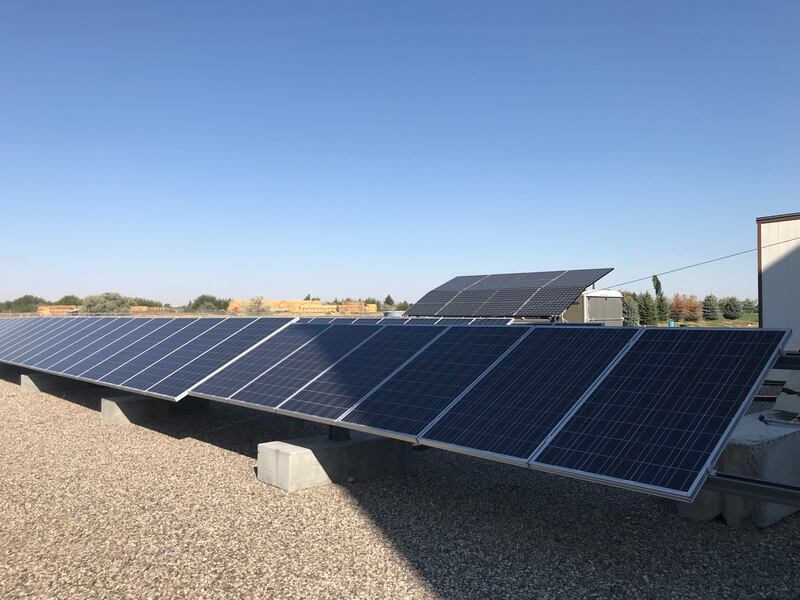SALT LAKE CITY — Deseret News reporters Erica Evans and Amy Joi O’Donoghue swept their circulation category in the 2019 AAAS Kavli Science Journalism Awards, an international awards program that honors the best science reporting that targets a general audience.
Evans earned gold for a series of stories that tackled air quality challenges, applying lessons from Norway to pollution-reduction efforts in Utah. O’Donoghue earned silver for a series that explored the impact of a Department of Energy facility in Idaho and its connection to next-generation nuclear technologies to serve communities in Utah and elsewhere.
“It is unusual for reporters from the same newspaper to win awards in the same category in a single year, but the judging panel was impressed by the work of the winners, Erica Evans and Amy Joi O’Donoghue, and their newspaper’s commitment to local reporting,” the association said in a statement announcing the awards.
The competition, which turns 75 next year, is endowed by The Kavli Foundation, a Los Angeles-based organization that promotes public understanding of and support for scientific research. The competition drew entries from 47 countries. A gold award ($5,000) and a silver award ($3,500) are presented in eight categories, across media platforms, the winners selected by independent panels of science journalists.
“This is a tremendous honor for Erica, Amy and the entire Deseret News team and exemplifies the outstanding, in-depth work we are doing here from Salt Lake City. Both of these projects are noteworthy for their focus on finding solutions to key problems, and for explaining the intricacies of complicated topics. It is gratifying to be recognized in a field of national and international journalists doing outstanding work,” said Doug Wilks, editor of the Deseret News.

“When I first pitched this series, my editors were worried because air quality is a topic many people in Utah are familiar with and tired of hearing about,” Evans said. “We went ahead anyway because of how important clean air is for health and the economy. My goal was to write about the subject in a way that was new and interesting.”
“I had no idea the series would prompt such a strong community response. A year after completing this project, I am still being asked to speak at events about clean air. I think it demonstrates that air quality is a subject that Utahns care deeply about. Despite continuous action to address this problem, people are still desperate for big and innovative air quality solutions that will make more than an incremental change,” she said.
O’Donoghue said that the Idaho National Laboratory had always been “this mysterious place to me and I’ve long been curious about what happens in this remote area of Idaho.”
Her opportunity to find out arrived when a group of municipal power providers from Utah began pursuing the use of next-generation nuclear power technologies that were to be housed at the laboratory grounds.

“After doing considerably more research, I learned that INL has many links to exciting Utah projects that will be transformational in the tech, energy and transportation world. It is an absolutely fascinating place and I am humbled I was able to convey some of that fascination through my stories,” she said.
Other winners included The Seattle Times, Le Monde (Paris), NOVA, the BBC and STAT. The awards will be presented at the association’s 2020 Annual Meeting in Seattle in February.


